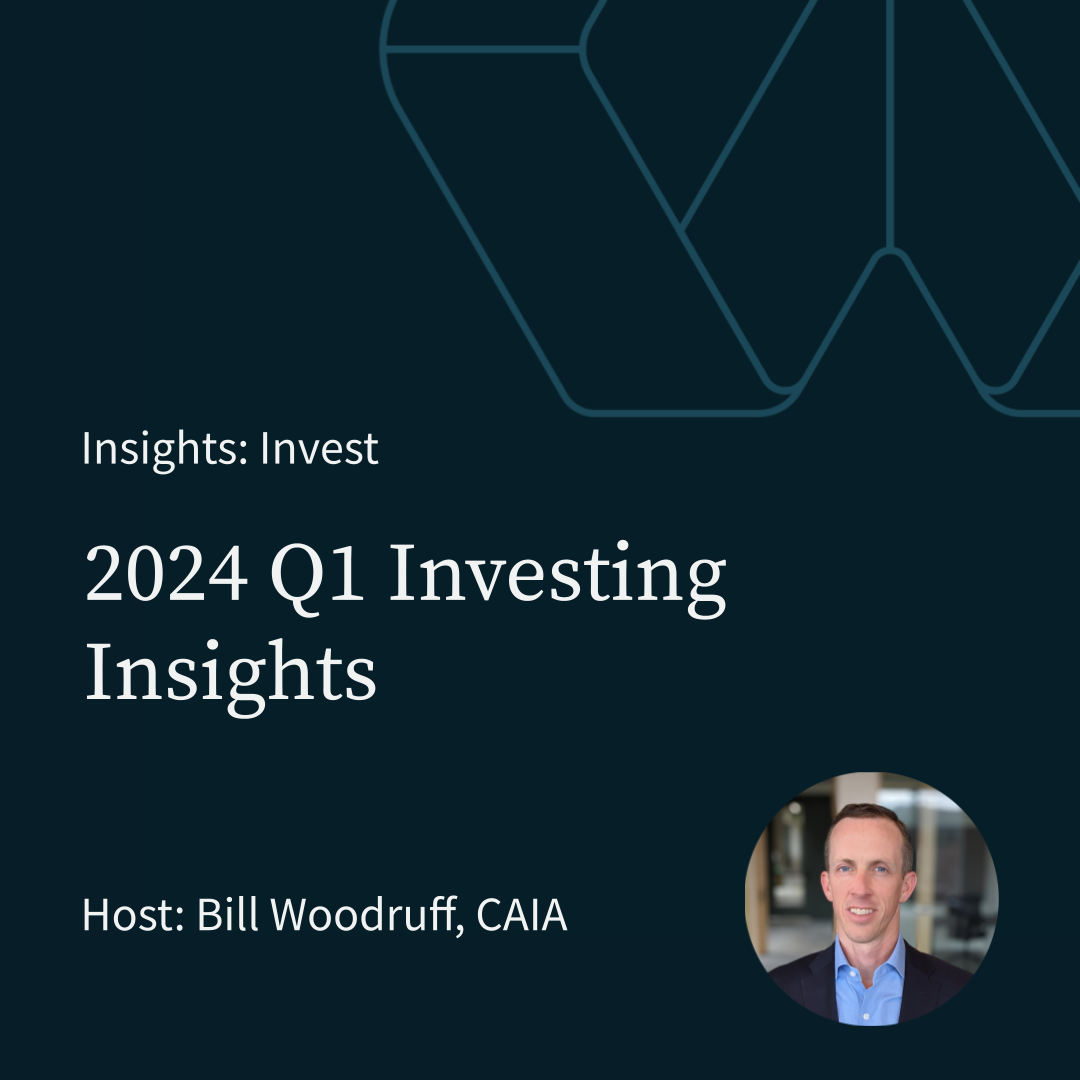4 Reasons to Never Invest in a Mutual Fund
By a guy who previously launched and managed a mutual fund.
Video Transcript:
Mutual Funds have historically played an important role in the portfolios of individual investors. However, they have become outdated and they are inefficient especially with accounts larger than $500,000.
Why then, is there over $16 trillion* invested in mutual funds in the U.S.? I believe the primary reason is fees. The investment industry produces immense profits from mutual funds in all sorts of ways. Secondarily, though innovation has occurred making it easier to build broadly diversified portfolios of individual securities it’s more work and many mutual fund investors rely on advisors who lack the ability, motivation or awareness of the potential to build something better for their clients.
The first of the four reasons is most mutual funds are sold rather than bought, this is important because of how they are sold. They are almost always sold relative to a benchmark or based on a Morningstar star rating. This influences how they are managed and leads to sub-optimal investment decision making.
Second are the costs and fees. With very few exceptions like buying a Vanguard mutual fund directly, mutual funds are almost always expensive relative to what is being provided. The costs of a mutual fund are imbedded in the performance and don’t feed through to an account statement but are in addition to an adviser that charges a fee for placing clients in funds. The higher the fees and costs are on a portfolio the more incentive there is to take risk to achieve a return that will look attractive to an investor after all of these fees. Thanks to technological innovation and dramatically reduced commission costs it’s now possible to build a portfolio of hundreds of individual securities directly in an individual’s account without commissions having a material impact on the performance.
Third are tax inefficiency reasons, not only do you lose the position level ability to harvest capital losses. Mutual funds pools assets, expenses and tax liabilities across all shareholders. This creates the potential for unfair tax outcomes for investors who invest into a portfolio of large pre-existing capital gains. Because of this, it is possible for an investor to be down on their investment and have to pay taxes.
Finally, is being exposed to random performance impacts of other investor’s contributions and withdrawals. Every time a material percentage comes into our out of a fund there is a lag between when that information becomes available and when the manager of the fund can transact to keep their exposures in line with their target. This issue is exaggerated in strategies where the underlying portfolio is less liquid increasing the likelihood of performance caused by non-investment reasons.
In summary, if you can take control of the underlying investments by having them held directly in your name you should as technology has and continues to wipe out the advantages historically provided by pooled vehicles.
Source: *ICI 2017 FactBook










